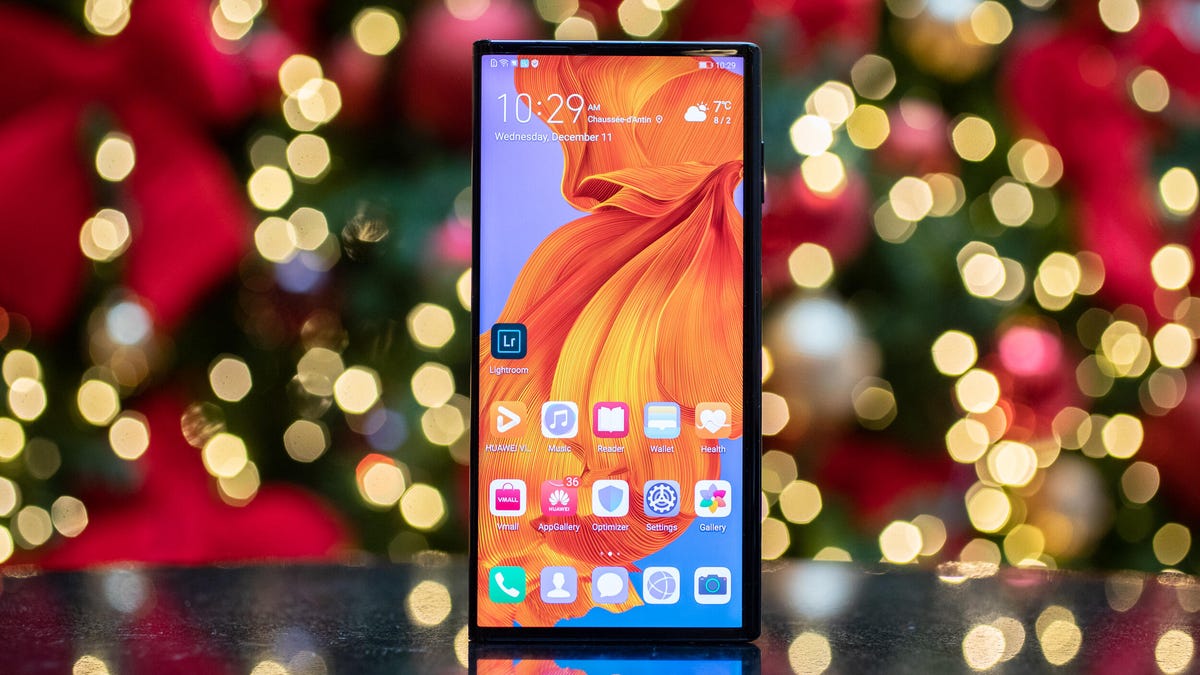Huawei reportedly in talks to sell P Series and Mate Series phone brands
Huawei adamantly denies rumors that it's trying to offload its flagship phone brands.

Huawei's phones are China's top sellers.
Chinese tech giant Huawei is rumored to be in early talks to sell its P Series and Mate Series smartphone brands, according to Reuters. It cited two people with direct knowledge of the matter, who said the company was in negotiations with a consortium of government-backed Shanghai investment firms.
Reuters said that the talks began last September, shortly before Huawei confirmed in November that it was selling off its budget phone brand Honor. The company has yet to reach a final decision on whether it will definitely sell the phone brands, according to the report.
A spokesperson for Huawei denied the reports, saying in a statement: "Huawei has learned there are unsubstantiated rumors circulating regarding the possible sale of our flagship smartphone brands. There is no merit to these rumors whatsoever. Huawei has no such plan. We remain fully committed to our smartphone business, and will continue to deliver world-leading products and experiences for consumers around the world."
The Mate Series and P Series are Huawei's best-selling flagship phone models and have proved popular not just in China, but around the world. Selling them off would see the company exit the high-end phone market altogether.
The move would follow escalating pressure from the US, which over the past few years has prevented Huawei phones from being widely sold in the country. Sanctions imposed by the US also mean that since late 2019 Huawei phones no longer ship with Google services, including the Google Play app store.
In spite of the sanctions, the company has continued to thrive outside of the US. Huawei was briefly the No. 1 phone maker last year, before losing market share to Samsung and slipping back into second place by the end of the third quarter, according to IDC.
But restrictions on Huawei buying US-made components means the company has to stop making its own-brand Kirin chipsets that power its phones. It's thought that Huawei will likely run out of stockpiles of Kirin chips sometime this year.
Many of the sanctions imposed on Huawei were ordered by Donald Trump's administration, which viewed Huawei as a security threat due to its links to the Chinese government -- something the company has consistently denied. But even with a new president in the White House, there's no guarantee for the company that the US will have a change of heart.

